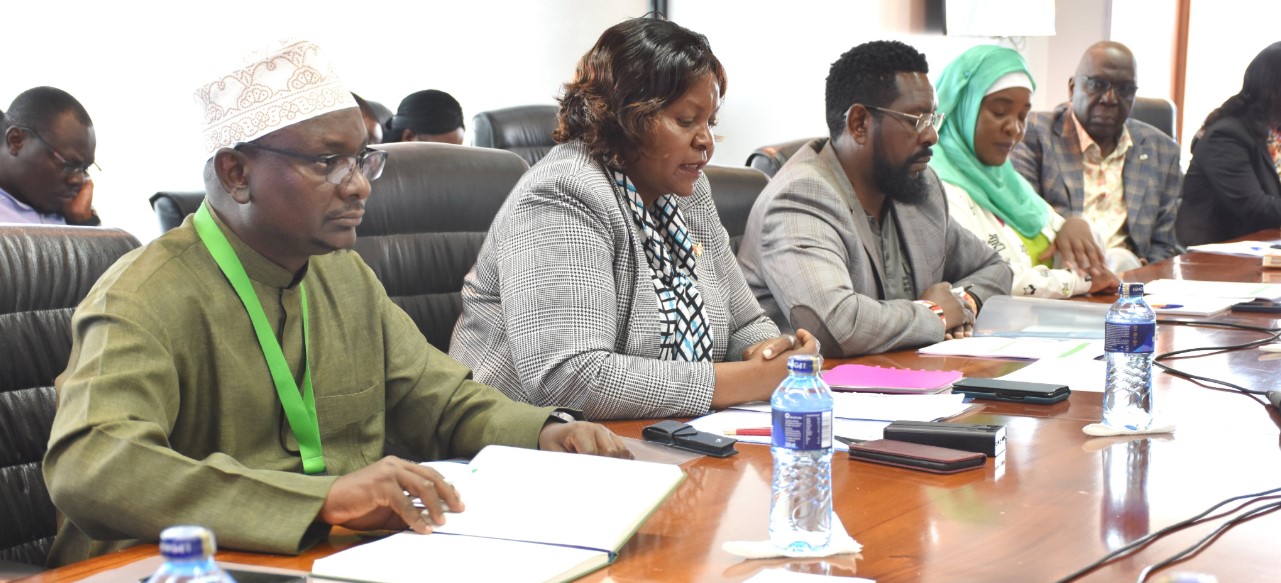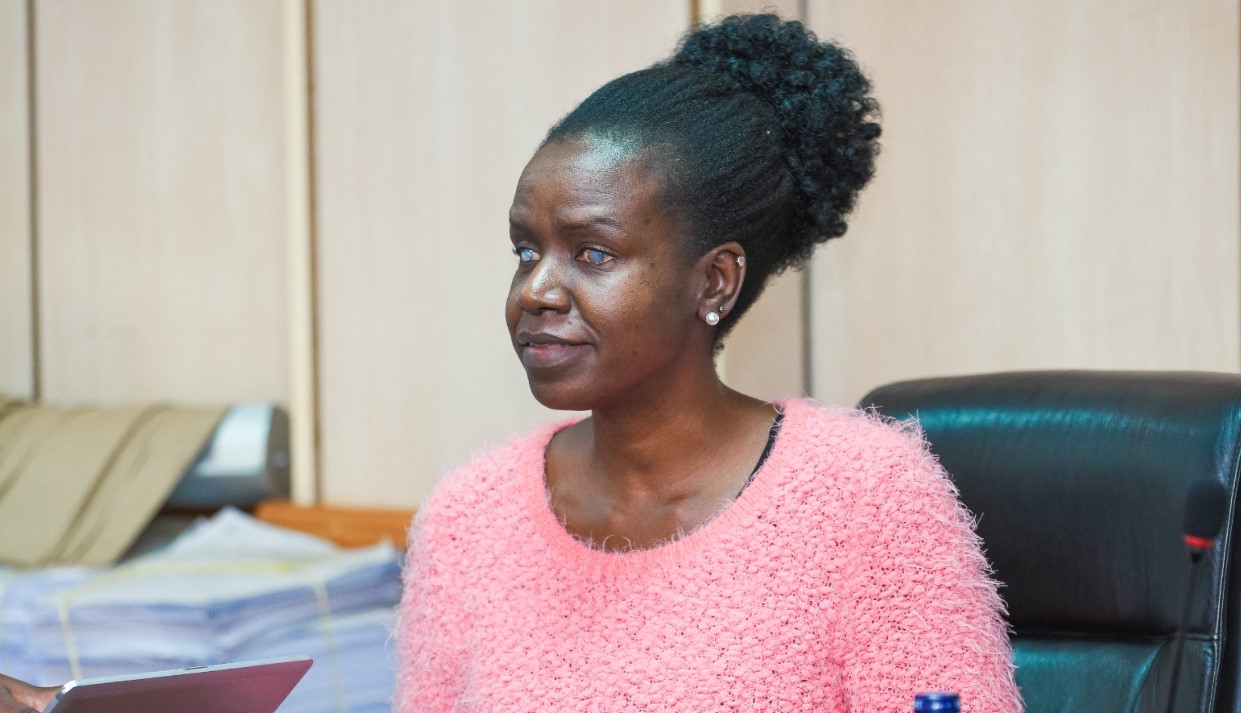Senate and CRA in deadlock over new county revenue allocation formula

With the Senate set to resume its sittings on February 11, 2025, the fate of the proposed revenue-sharing formula remains uncertain.
Senators have strongly opposed the Commission on Revenue Allocation's (CRA) proposed revenue-sharing formula, warning that it would disadvantage several counties and lead to financial losses for many devolved units.
The contentious formula, set to guide allocations from the 2025-26 to 2029-30 financial years, has reignited a fierce debate, with lawmakers split between those whose counties stand to gain and those that risk losing billions of shillings.
More To Read
- CoB Nyakang’o warns counties over heavy reliance on hospital fees, urges revenue diversification
- Counties warned over dependence on Treasury amid untapped income streams
- CoB: Billions in potential revenue lost amid weak enforcement in counties
- Bill expanding Senate's powers sparks debate over oversight, budget control
- Kenya's oversight bodies crippled by underfunding, government disregard, report reveals
- Counties face centralised revenue control under new Treasury regulations
During a heated mid-term retreat in Naivasha, senators grilled CRA Chairperson Mary Wanyonyi, demanding clarity on how the commission arrived at the proposed parameters.
The new formula assigns population the highest weight at 42 per cent, a significant increase from the current 18 per cent, while geographical size has been set at 9 per cent, up from 8 per cent.
Equal share has been raised to 22 per cent from 20 per cent, while the poverty index remains at 14 per cent.
A new parameter, the income distance index, has been introduced at 13 per cent, raising concerns among senators.
"If you bring a formula which is going to reduce money from some counties and you deny them the ability to perform their functions, then that is not the formula that should get the support of the Senate," Nyamira Senator Okong'o Omogeni stated.
He dismissed the proposal as unfair, citing that while Sh30 billion had been added to the overall county allocations, four counties Wajir, Mandera, Garissa, and Marsabit were set to receive Sh7 billion of that amount alone.
Heated debates in Parliament
Mandera Senator Ali Roba, who chairs the Senate Finance Committee, criticised the drastic alterations in the formula, warning that it risked sparking heated debates in Parliament.
"The commission should not change the formula so drastically that even senators find it difficult to understand," he cautioned.
Other senators echoed similar frustrations.
Kitui Senator Enoch Wambua questioned the rationale behind the income distance index.
"I have serious issues with income distance as a parameter. Where has that thing come from?" he asked.
Nairobi Senator Edwin Sifuna also opposed any formula that would see counties lose money.
"I will not appreciate any formula that will make Nairobi or any other county lose money," he insisted.
Counties expected to suffer major cuts under the proposed formula include Kakamega (Sh1.345 billion), Kilifi (Sh1.256 billion), Turkana (Sh1.195 billion), Kwale (Sh926 million), Kisii (Sh788 million), and Nakuru (Sh720 million). Others facing reductions are Nairobi (Sh667 million), Nyeri (Sh502 million), Mombasa (Sh463 million), Narok (Sh357 million), Makueni (Sh319 million), Kisumu (Sh266 million), Nandi (Sh265 million), Nyandarua (Sh202 million), and Kitui (Sh200 million).
Review proposal
A bipartisan committee has now been formed to review the proposal and find a compromise before it is tabled in Parliament.
Narok Senator Ledama Olekina stressed the urgency of seeking consensus to avoid a legislative deadlock.
"Before this CRA report is tabled in Parliament, the Majority and Minority should form a broader team to seek consensus," he said.
Senate Majority Leader Aaron Cheruiyot urged the Finance Committee to conduct a thorough review of the proposal and ensure that the data used in the formula was accurate and fair.
"This is the most important exercise in the life of the Senate, to cushion counties against rogue governments," said Kiambu Senator Karungo wa Thang'wa.
Despite the widespread opposition, Wanyonyi defended the new formula stating that it had been designed to promote equity while ensuring that no county receives less than its previous allocation.
"A cushioning and stabilisation factor has been built into the framework to ensure no county government will get less than what they were allocated in the financial year 2024-25," she assured the Senate.
With the Senate set to resume its sittings on February 11, 2025, the fate of the proposed revenue-sharing formula remains uncertain.
Top Stories Today











































